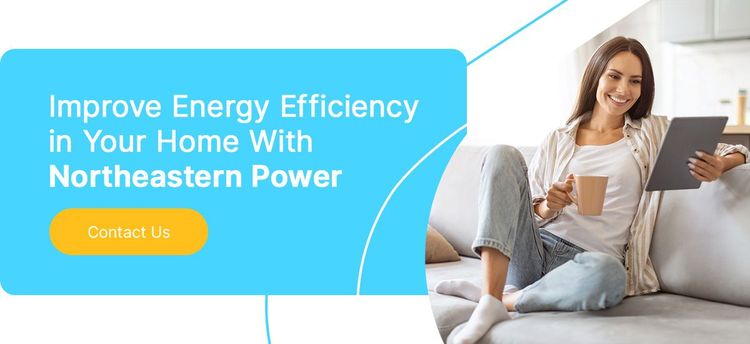29 May 2025

Contributing to a cleaner, more sustainable planet begins at home. With a few changes, you can improve home energy efficiency, lower greenhouse gas emissions, reduce water use and decrease utility bills.
Understanding Home Energy Efficiency Home energy efficiency means using less energy to achieve the same degree of convenience, functionality and comfort in your home. Companies are developing energy-efficient lighting, cooling, heating and insulation technologies to help homeowners become more energy-efficient.
The resulting benefits of energy efficiency improvements include:
Use this step-by-step process to improve energy efficiency in your home.
To maximize home energy efficiency, you must first understand how much energy you use. To begin, evaluate your energy bills for the past few months. Next, identify existing energy-efficient installations throughout your home and determine what you can update. Lastly, create an action plan.
Insulation and sealing can minimize energy loss, allowing you to maintain ambient and consistent indoor temperatures. Locate areas that require additional insulation or an upgrade. Also, check for points that need sealing and hire a professional to assist with the installation.
Invest in a new HVAC system if you have noticed higher energy costs or irregular temperature distribution. You can also add a smart thermostat to regulate temperatures and maintain the HVAC system correctly according to the manufacturer's instructions. Besides an HVAC system, consider heating and cooling alternatives such as ceiling fans, tankless water heaters and wood or pellet stoves.
Use ENERGY STAR-rated washing machines, refrigerators, water heaters and other appliances to lower power use. You can also upgrade to smart appliances to optimize energy efficiency.
Switching to LED light bulbs reduces energy consumption, helping you lower your energy bill. LED bulbs also last longer than traditional incandescent bulbs and fluorescent bulbs. Automating your lighting with smart bulbs, dimmers and motion sensor lights can further lower energy use.
Solar power is an efficient renewable energy option for your home. Installing solar panels can reduce grid reliance and help reduce energy costs. Other renewable energy options, such as wind, may also be possible when you have the right sustainable energy provider on your side.
Install low-flow fixtures to lower water consumption and water heating needs. These fixtures facilitate water conservation while delivering reliable performance. Harvesting rainwater in your home reduces reliance on traditional water supply systems, which utilize significant energy in pumping and treating.
Implement energy-efficient improvements to your home with Northeastern Power (NEP). We are an integrated retail energy provider offering renewable energy solutions such as wind, solar and hydroelectric in the Northeast. We also provide green residential electric microgrid solutions like fuel cells, energy storage and demand response to help you maximize energy home efficiency. We are licensed and hold a certification from the National Minority Supplier Development Council (NMSDC).